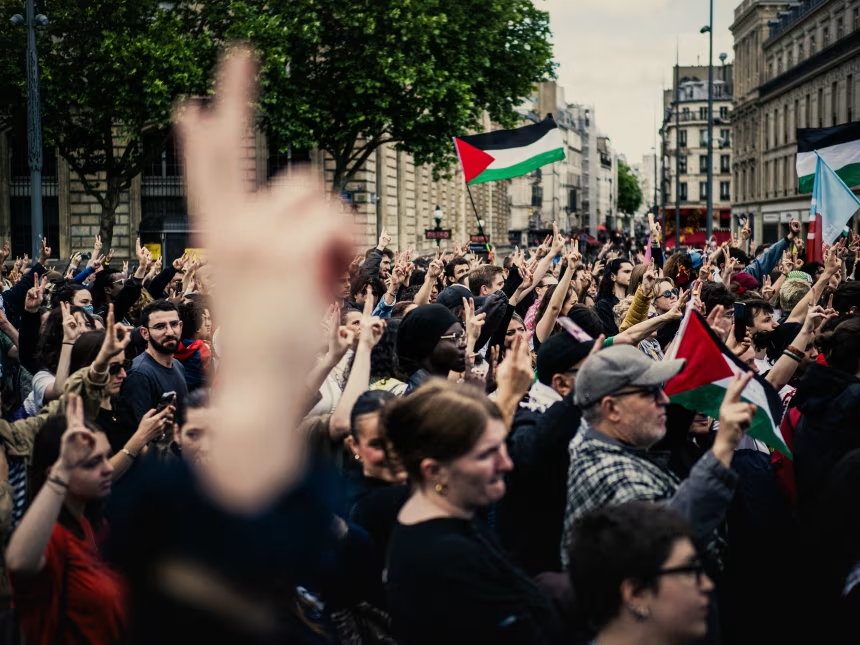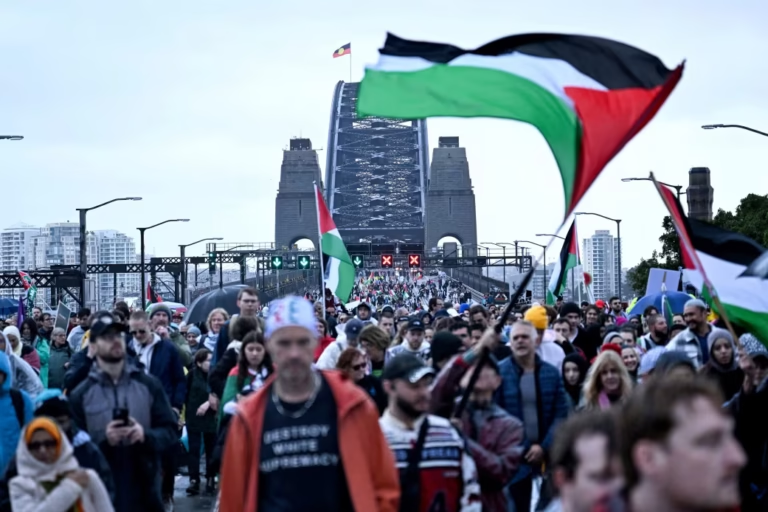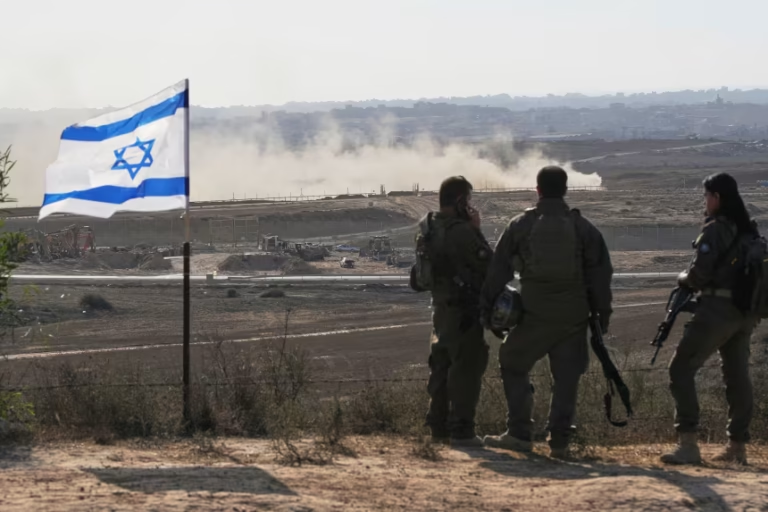
Although an increasing number of international voices advocate for the acknowledgment of a Palestinian state, the dream of an independent, sustainable Palestine continues to be unattainable.
- Although symbolic endorsements and diplomatic gestures have increased in recent years, the journey toward a fully operational Palestinian state—politically, economically, and territorially—continues to be hindered by entrenched geopolitical complexities, internal divisions, and existing realities. In the last few months, various European countries, such as Spain, Norway, and Ireland, officially acknowledged the State of Palestine, aligning with more than 140 nations that have donesince the declaration of Palestinian independence in 1988.
Moreover, United Nations resolutions have received more support, indicating an expanding global agreement on the two-state solution.
Nonetheless, symbolic acknowledgment has not yet resulted in concrete advancements on the ground. A major barrier to statehood is the continual Israeli military presence in the West Bank, the constant expansion of settlements deemed unlawful by international law, and the blockade imposed on Gaza.
- These elements significantly weaken the territorial cohesion and autonomy essential for a sustainable Palestinian state. Additionally, the internal divide between Fatah in the West Bank and Hamas in Gaza poses a significant obstacle to cohesive governance and global legitimacy.
The latest conflict in Gaza has worsened the humanitarian situation and destroyed infrastructure, making the possibility of immediate state-building even harder. The devastation of educational institutions, medical facilities, and residences, alongside economic standstill, illustrates a bleak scenario regarding the area’s ability to support a functional state.
- The United States diplomatically maintains support for a negotiated two-state solution but has yet to recognize Palestinian statehood, emphasizing the necessity of direct talks with Israel. Israel, on its side, rejects unilateral recognitions and cites security issues as a reason for its continued military presence in Palestinian areas


